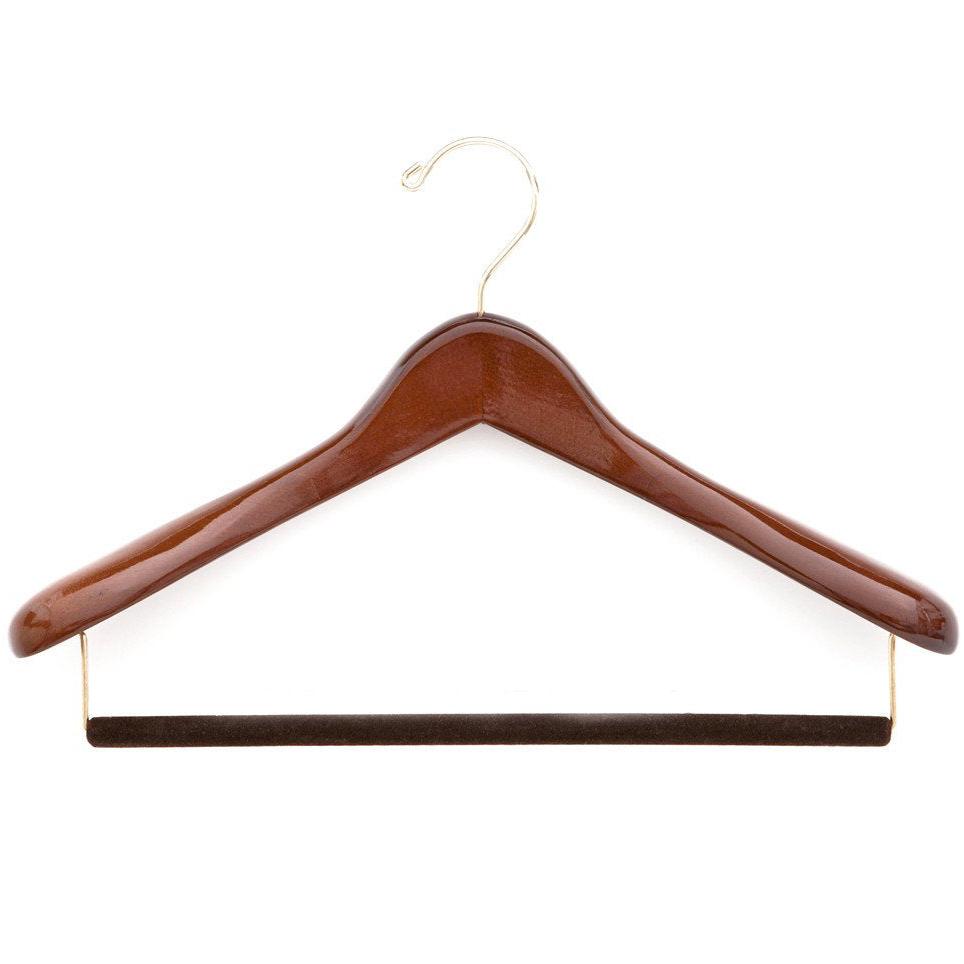clothingfun
Senior Member
- Joined
- Apr 9, 2018
- Messages
- 164
- Reaction score
- 688
I would really appreciate some feedback from those with the experience of using a traveling tailor. I have always wanted a Savile Row suit and nowadays it fits in the budget. Me traveling to London multiple times for fittings simply isn’t feasible. Therefore I plan on making an appointment for a trunk show. In fact I’m very certain of which tailoring house I’ll be contacting but will keep it to myself for now as I’m looking for unbiased opinions.
Spending this kind of money for services based across the Atlantic obviously has me a little apprehensive. I’m sure there are guys here that have used trunk shows and would appreciate hearing about your experiences both good and bad. Preferably from those who have Savile Row traveling tailor experiences but any traveling tailor experiences are fine. I’m curious what to expect and if in your opinions this really works out well. Thanks in advance.
Spending this kind of money for services based across the Atlantic obviously has me a little apprehensive. I’m sure there are guys here that have used trunk shows and would appreciate hearing about your experiences both good and bad. Preferably from those who have Savile Row traveling tailor experiences but any traveling tailor experiences are fine. I’m curious what to expect and if in your opinions this really works out well. Thanks in advance.


